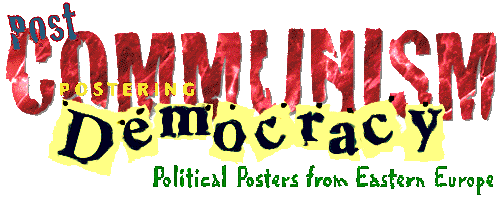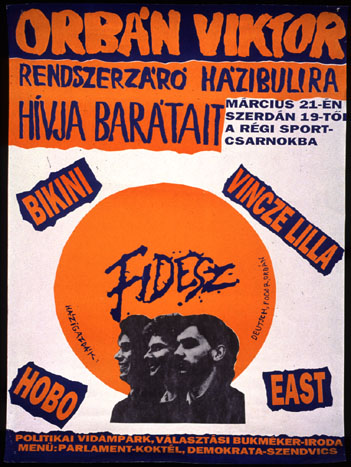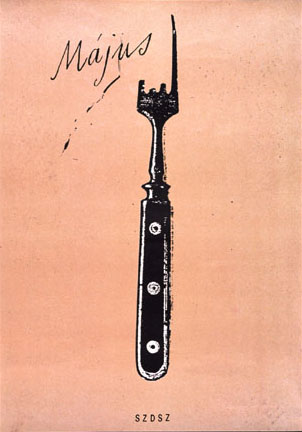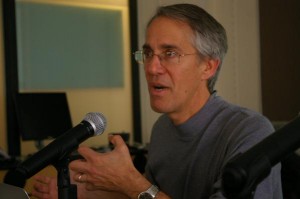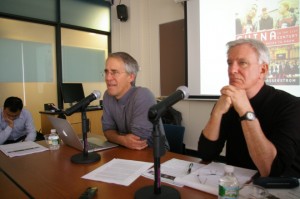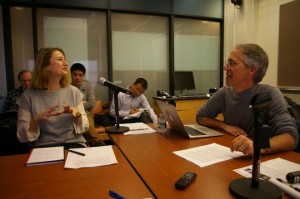On March 23rd, Mirjam Kunkler (Near Eastern Studies, Princeton University) visited the Harriman Institute to give a talk on her latest research. Professor Kunkler noted that while the first two waves of democratization swept through Protestant-majority states and the third one swept over Catholic one, the forth wave of democratization has been a lot more diverse. Pro-democratic interpretations of religion, including Islam, are possible across all religious traditions. The question is: Under what conditions do religious actors become supportive of democratization processes?
Kunkler’s comparative study of five Muslim democracies (democratic for at least ten years in a row by different rankings) looks at Turkey, Senegal, Albania, Indonesia, and Mali. One of the findings is that an important factor is whether religious actors have some de facto and financial autonomy from the state. That does not necessarily mean a secular state as the state could still promote religion in public life. The difference is whether it is one particular religion or whether all religions are protected. Other important factors are the level of societal permeation of religious organizations and whether these are networked organizations or not, so that they can mobilize on a short notice and establish horizontal communication channels.
Kunkler argued that in terms of stabilizing democratic rule, at issue are neither elections, nor constitutionalism but rather minority and women’s rights.

